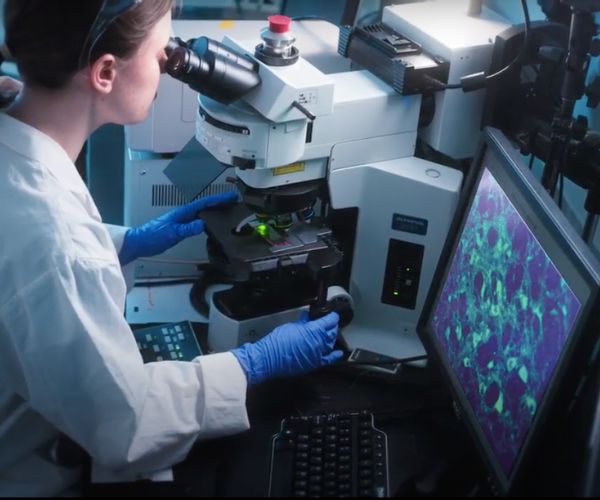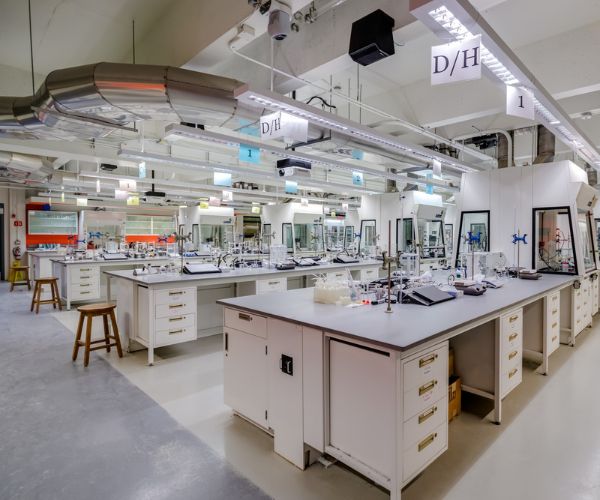Visit Carleton! Book your tour today.
Program Details
The science of biochemistry seeks to understand how organisms function by investigating enzyme reactions, mechanisms of gene regulation, chemical signaling pathways and cellular structure at the molecular level. Biochemists study how animals, plants and bacteria make use of energy to grow, compete with other organisms and reproduce. You will study important issues of direct relevance to humanity — issues that help us understand and treat disease, improve access to nutritious food, address contaminated land and water, and find new techniques to produce valuable products such biofuels and biomedical treatments.
Exceptional Faculty
Carleton Biochemistry is an energetic community supported by award-winning educators. Participate in experiential learning, active learning practices, and authentic assessment for a student-centered experience.
Work Experience
A Co-op option is available. Co-op is the opportunity to get a head start on a career. Co-op work terms allow for the development of key employability skills, exploration of career options and graduation with tangible, workplace experience.
Our experiential learning opportunities provide excellent training options for entry into medicine and other health-related professional programs.

Get started in Carleton360 to receive tailored information on our programs, student services and community.

Career Outcomes
Explore your passions, refine new skills and discover the career that’s right for you.
Carleton Biochemistry students benefit from opportunities to network with a booming high-tech industry and government departments and agencies such as Health Canada, Agriculture and Agri-Food Canada, Environment and Climate Change Canada.
Sample Careers
- Agriculture Technologies
- Biomedicine
- Biotechnology
- Dentistry
- Environmental Sustainability
- Environmental Toxicology Consulting
- Forensic Science
- Human and Veterinary Medicine
- Instructional Innovation
- Medical Research Technology
- Medicine
- Patent Review
- Pharmaceutical Industry
- Pharmaceutical Science
- Regulatory Toxicology and Risk Assessment
- Science Policy and Regulation
- Teaching
- Technical Sales

Sample Courses
BIOC 2200 - Cellular Biochemistry
Cellular functions and their interrelationships. Introduction to thermodynamics, membrane structure and function, transport mechanisms, basic metabolic pathways, energy production and utilization, communications between cells. It is strongly recommended that Biology Majors and Honours students take this course in their second year of study.
BIOC 3101 - Unlocking Metabolism: Pathways, Enzymes, and Control
This course examines biological macromolecules as well as their chemistry, structure and function. Enzymatic reactions and their regulation, as well as carbohydrate, lipid and protein metabolism, is emphasized. Students apply knowledge of course concepts to relevant scientific problems (disease, development).
Visit the Undergraduate Calendar to view a comprehensive list of course offerings for this program and discover the exciting things Carleton students are learning in the classroom!
